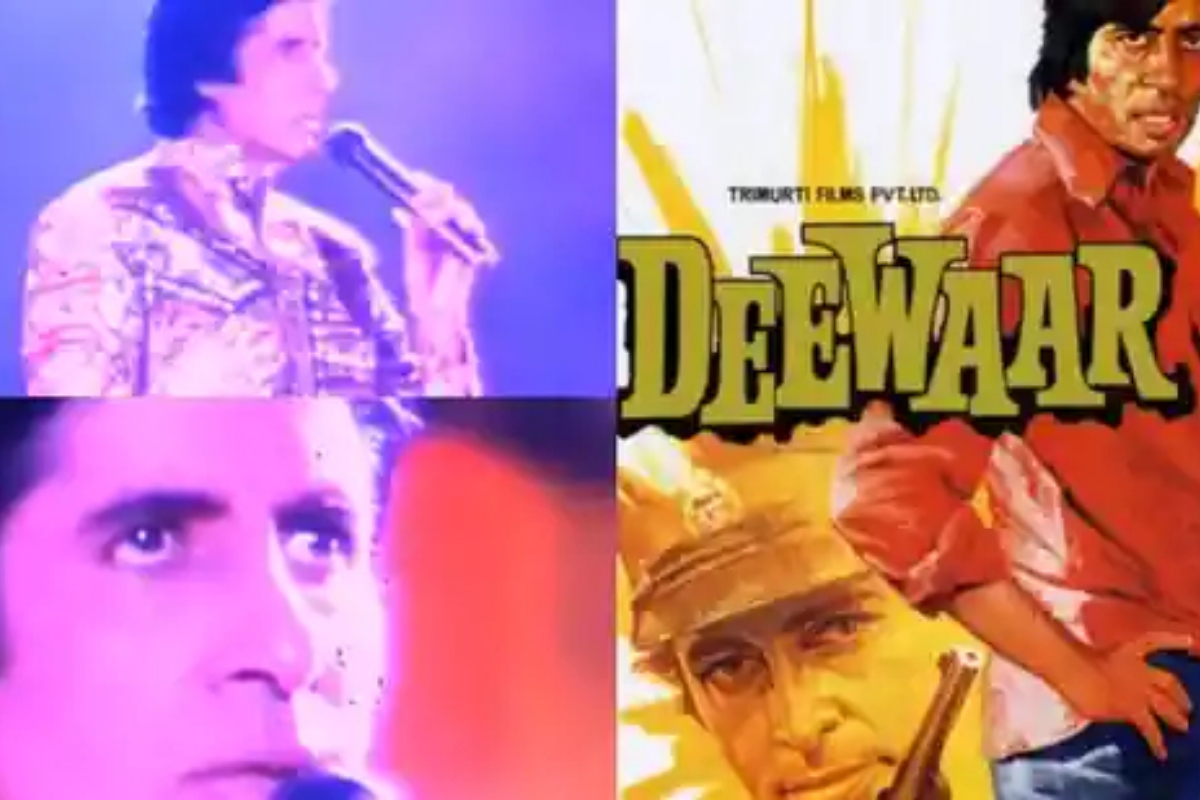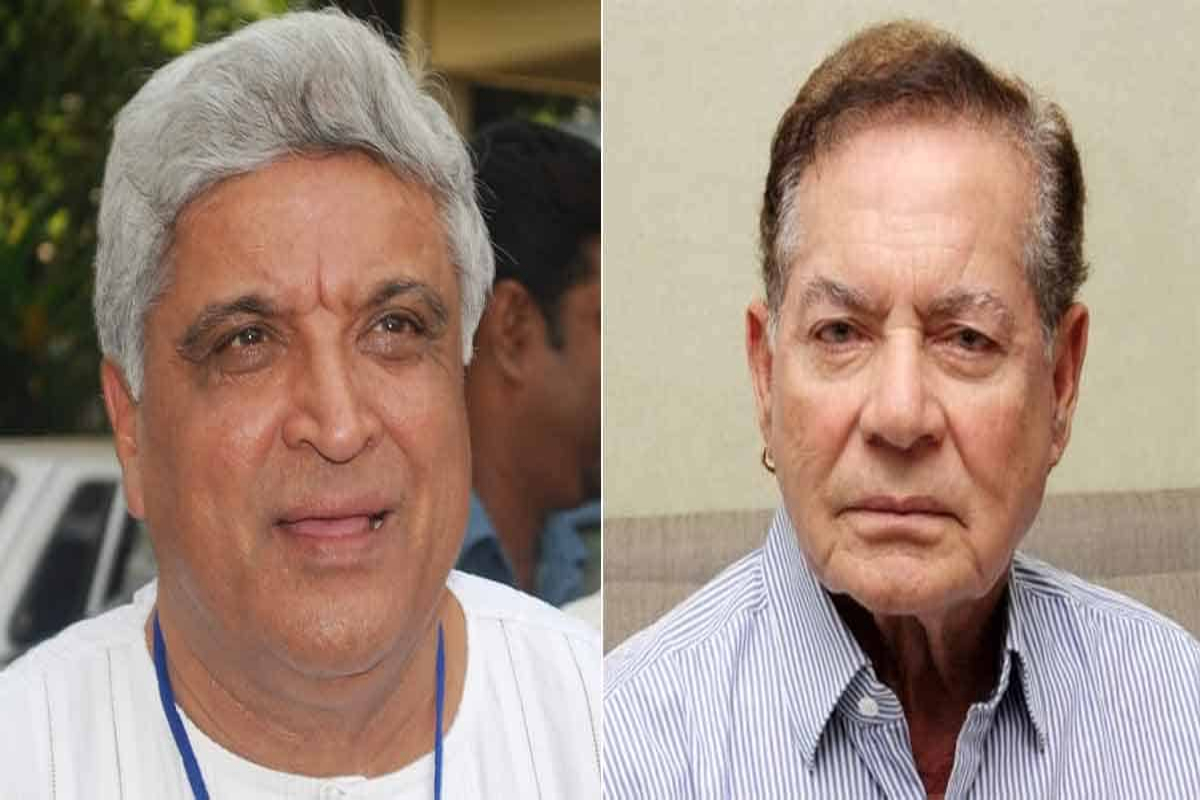- Amitabh Bachchan re-enacts an iconic scene from the 1975 film Deewaar for his mother Teji Bachchan.
- The actor was part of the Jumma Chumma overseas concert in 1991.
- He dedicated his monologue to his mother.
In a rare video posted on Twitter in honor of the 48th anniversary of the 1975 Hindi film Deewaar, Amitabh Bachchan performs a memorable performance for his mother Teji Bachchan. The actor pleased the audience by devoting his speech to his mother while performing at the Jumma Chumma abroad concert in 1991. In Yash Chopra’s Deewaar, Shashi Kapoor, Neetu Kapoor, Nirupa Roy, and Parveen Babi also starred.
An Amitabh fan shared the video on Twitter with the caption, “Amitabh Bachchan Performing on stage his monologue from the film Deewaar ~ Dynamic & Powerful @SrBachchan (Jumma Chumma Concert 1991) Must watch ! 48 years of #Deewaar.” Walking on stage, the actor addresses the audience and shares, “This one is from a scene that is a particular favourite of mine. And it also happens to be a favourite of my mother’s and my mother is somewhere there in the audience today and I dedicate this piece for her.”
Amitabh Bachchan Performing on stage his monologue from the film ‘Deewaar’ ~ Dynamic & Powerful @SrBachchan (Jumma Chumma Concert 1991) Must watch !
48 years of #Deewaar— Moses Sapir (@MosesSapir) January 24, 2023
As he describes the scene’s setting, he introduces the audience to his character Vijay. He visits the temple to offer prayers for his sick mother. The famous opening line of the monologue is “You must be very pleased today,” which is pronounced “Aaj khush toh bahut hoge tum.” Vijay rarely goes to the temple, but he makes an exception for his mother, a devoted follower. He pleads for her to get better quickly and declares that he will accept any punishment in order to protect her.
Fans commented that they got goosebumps at Amitabh‘s rendition of the famous scene. One fan wrote, “Superb ultimate wowww.” Written by Salim Khan and Javed Akhtar, Deewaar featured Amitabh’s Vijay as a top smuggler of Mumbai, while Shashi played his brother, a police officer. Nirupa plays their mother who is torn between her love for her sons on opposite sides of the law.


